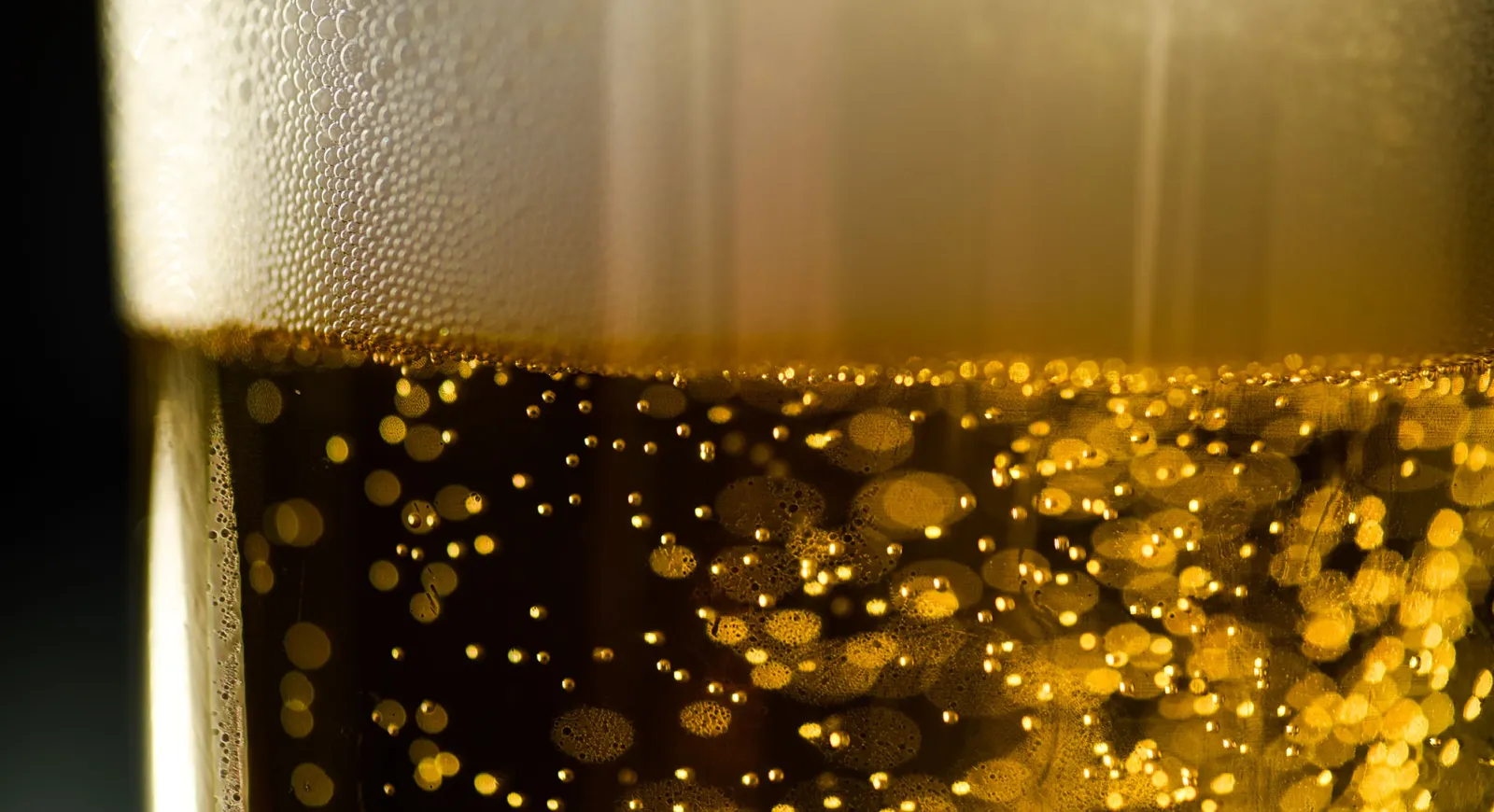
Consumers want low- and no-options and beer is leading
Lower- and no-alcohol products grew by more than +7% in volume across 10 key global markets in 2022 and this

Lower- and no-alcohol products grew by more than +7% in volume across 10 key global markets in 2022 and this

The World Health Organization acknowledges that lower- and no-alcohol beers have the potential to help achieve NCD and SDG targets

“A bottle of beer, a glass of wine, or a shot of whiskey? Can the rate of alcohol-induced harm be

Recent research in Spain suggests that the availability of lower- and no-alcohol beers led consumers to replace some consumption of

Recent research in the UK suggests that the availability of lower- and no-alcohol beers led consumers to replace some consumption

While any beverage containing alcohol can be abused, beverages with a low concentration of alcohol, like beer, are less tied

WHO Europe released a comprehensive study of the impact of alcohol policies in Russia, finding that policies shifting consumption away

Pierre Thiam and Garrett Oliver are on a mission to introduce brewmasters to fonio, a small and mighty west African grain

A win-win situation is being created where consumers are increasingly drinking low- and no-alcohol beers, reducing their alcohol consumption while still protecting the 249,000 jobs sustained by the South African beer industry.

Exciting times for beer, as new flavors and moderate alcohol options emerge from just four simple ingredients, bringing limitless possibilities for consumer enjoyment.